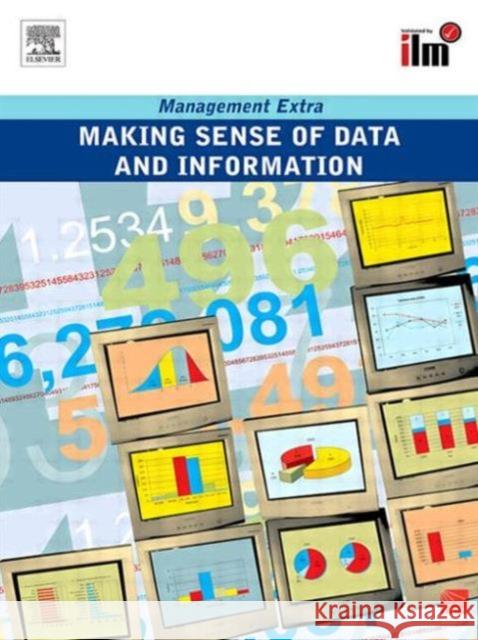Making Sense of Data and Information » książka
Making Sense of Data and Information
ISBN-13: 9780080465210 / Angielski / Miękka / 2007 / 114 str.
Managers need to be able to make sense of data and to use it selectively to answer key questions: Why has quality fallen in the last week? Should we subcontract or employ more people? What will consumer demand be in the future? They need to be able to assess the value of data and to detect what is and what isn't spin. The focus is on analysing numbers. On their own, figures tell us very little. To become meaningful they need to be processed and analysed and it is the patterns that emerge from this that provide the information that is needed for decision-making. The book is arranged in four themes. It starts by considering the value of information in organisations and by assessing how effectively the information is used in a management role. It then goes on to look at different options for presenting figures so that trends become clearer and patterns simpler to spot. As well as making data easier to interpret, the techniques the book presents are valuable communication tools that will help the reader use information more effectively with others. The last two themes then provide a toolkit of techniques that you can use to investigate situations and help solve problems. These include statistical and operational techniques as well as computer tools. Like any toolkit, the key to using it properly lies in knowing not only what each tool does but when to use it. This book will help the reader to develop this ability by applying the methods that are described within a business context.











